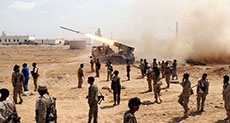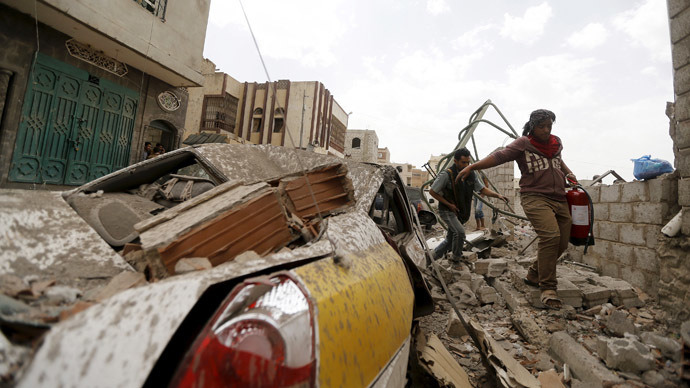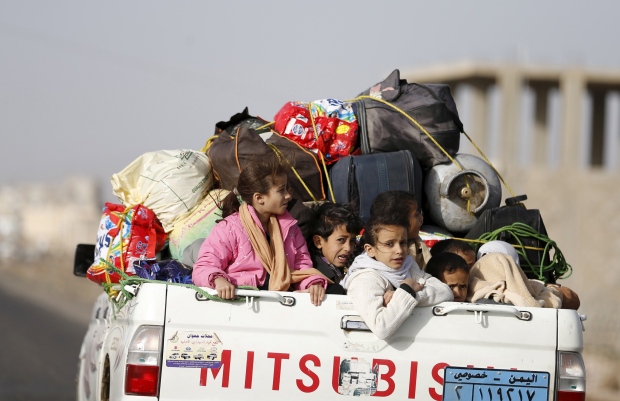
WP: KSA Achieved Nothing After a Month-Long Bombing of Yemen

Local Editor
Saudi Arabia might have changed the name of its operation in Yemen - from Decisive Storm to Restore Hope - but not much had changed on the ground.

Even after officials declared the near month-long Saudi-led bombing campaign over on Tuesday, airstrikes continued pounding the capital Sanaa in the city of Taiz.
According to figures from the UN's World Health Organization, at least 944 Yemenis had been killed and nearly 3,500 injured since the Saudi-led campaign began.
The Saudis said the next phase would scale back airstrikes and focus more on providing humanitarian assistance and kick-starting a political process to reconcile Yemen's warring factions.
Furthermore, the country's toothless government, driven out of Sanaa last year, had come to power in 2012 through a Saudi-authored transition.
However, it's unlikely Riyadh would have as much say a second time around. Critics, including some American officials, fear the intervention may backfire.
Accordingly, a month of bombing had achieved nothing but a looming humanitarian catastrophe, provided many gains for al-Qaeda Takfiri group and a deepening of polarization in the region and within Yemen.

All the while, civilian casualties were mounting and what's left of the Yemeni state was on the brink of "an imminent collapse," reported the WHO, referring to the country's health care services.
The WHO report mentioned that health facilities were "struggling to function as they face increasing shortages of life-saving medicines and vital health supplies, frequent disruptions in power supply and lack of fuel for generators."
It also stated that "this increases the risk of communicable diseases such as measles, which is prevalent in Yemen, as well as polio, which has been eliminated but is now at risk of reappearing."
In a parallel notion, the conflict in Yemen was complicated enough before the Saudis got directly involved. A capable branch of al-Qaeda operated in parts of Yemen's south and east, and had clashed over the past year with the Houthis.

However, the turmoil unleashed by the Saudi aggression, according to some reports, presented the extremist militants with an opportunity to make their own gains, including a successful assault on a Yemeni air base and a major sea port.
Nonetheless, the enmities within Yemen were hardening - with factions in Aden steeling themselves for a grim fight against the Houthis.
Ironically, they're all largely united in their total disregard for Hadi - the ousted president who had taken shelter in Riyadh and was powerless to prevent his country's unraveling in the preceding years.
"The strategic challenges of warfare in failed states must either address the broader reasons for those failures, or run a critical risk of becoming failed wars," wrote Anthony Cordesman of the Center for Strategic and International Studies in Washington.
Accordingly, in the case of the Saudi intervention, so far, that risk seemed rather acute.
Source: The Washington Post, Edited by website team
Comments
- Related News



